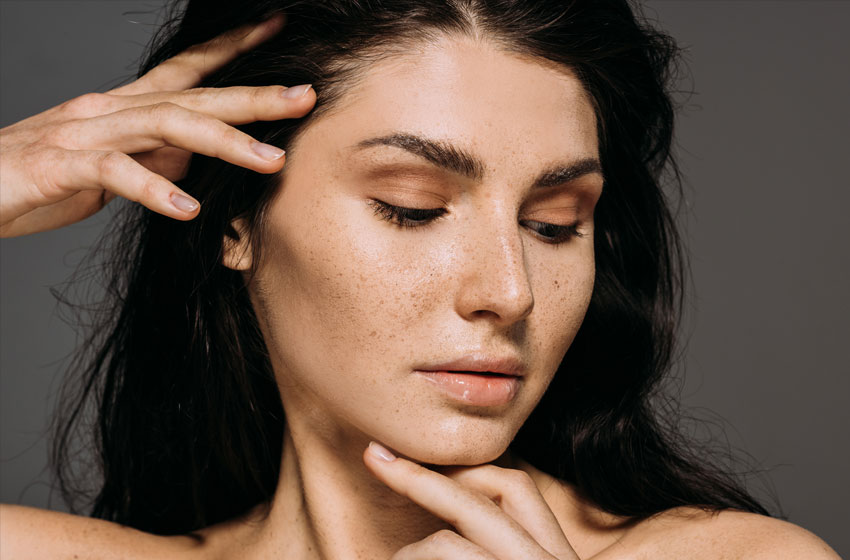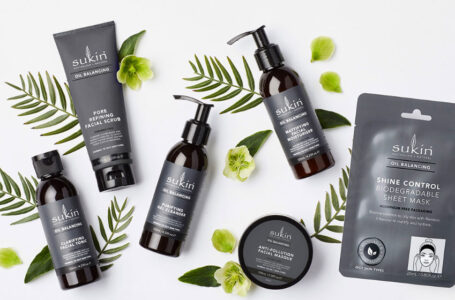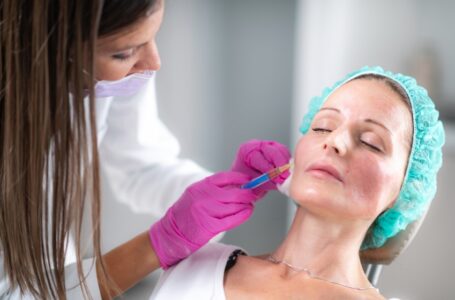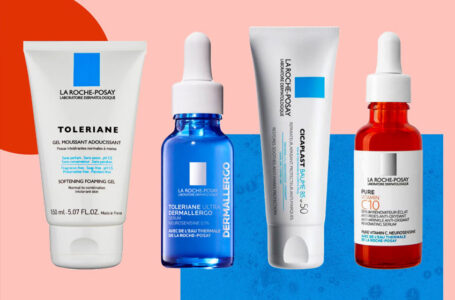Skincare Secret: Get Retinol Results Minus the Side-effects

Retinol, a derivative of Vitamin A, has become a buzzword in the world of skincare. Renowned for its anti-ageing properties and ability to diminish wrinkles, fine lines, and acne, it’s an ingredient found in many high-end skincare products. However, retinol’s potency also comes with potential side-effects, such as irritation, redness, and peeling. This article explores alternatives to retinol that offer similar benefits without the associated drawbacks.
Understanding Retinol
Retinol is a powerhouse when it comes to skin rejuvenation. It promotes collagen production, accelerates cell turnover, and helps unclog pores. Many dermatologists recommend retinol products for various skin concerns, but not everyone can tolerate them.
Common Side-Effects of Retinol
- Redness and irritation
- Dryness and flakiness
- Increased sun sensitivity
So, how can you achieve retinol-like results without these issues? Let’s explore some alternatives.
Bakuchiol
Bakuchiol is a natural compound extracted from the seeds of the Psoralea corylifolia plant. Often referred to as the “natural alternative to retinol,” Bakuchiol offers similar anti-ageing benefits without causing irritation.
Benefits
- Stimulates collagen production
- Reduces the appearance of wrinkles and fine lines
- Suitable for sensitive skin
How to Use
- Look for products containing Bakuchiol as a primary ingredient
- Apply as directed by the product instructions or a skincare professional
Alpha Hydroxy Acids (AHAs)
AHAs are water-soluble acids derived from sugary fruits. They work on the surface level of the skin to brighten and smooth complexion.
Benefits
- Exfoliates dead skin cells
- Improves skin texture
- Enhances skin hydration
Types of AHAs
- Glycolic Acid
- Lactic Acid
How to Use
- Look for serums, creams, or peels containing AHAs
- Start with a lower concentration and gradually increase
Peptides
Peptides are small chains of amino acids that signal the skin to produce more collagen. They are less irritating than retinol and provide a firming effect.
Benefits
- Enhances skin elasticity
- Reduces the appearance of fine lines
- Boosts overall skin health
How to Use
- Incorporate peptide-based serums or creams into your nightly routine
- Use consistently for best results

Niacinamide
Niacinamide, also known as Vitamin B3, is a versatile skincare ingredient known for its anti-inflammatory properties.
Benefits
- Reduces skin redness and blotchiness
- Minimises pore appearance
- Improves skin barrier function
How to Use
- Seek products with a concentration of 5% to 10% Niacinamide
- Use in the morning or evening as part of your skincare routine
Sunscreen
While not an alternative to retinol, sunscreen is a vital component in preventing skin ageing. UV rays from the sun can cause premature ageing, and daily sunscreen use can mitigate this damage.
How to Use
- Apply a broad-spectrum sunscreen every day
- Reapply as needed, especially when spending time outdoors







